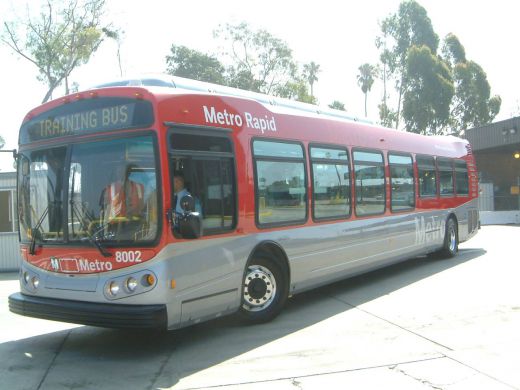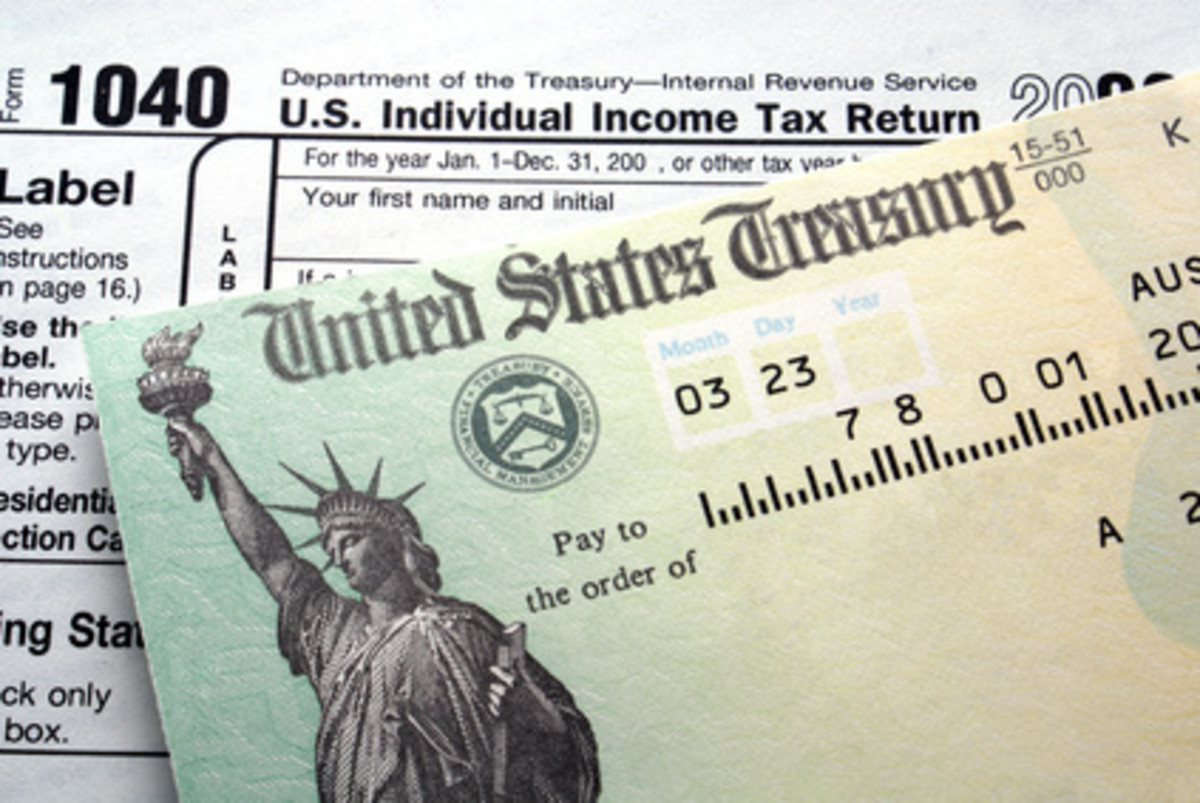Business Travel Deductions: IRS Mileage Reimbursement Log and Other Hidden Deductions
The IRS has a more strict set of rules for deducting travel expenses, entertainment, listed property and miles, including mileage reimbursement from your employer. These generous deductions take extra effort, but are well worth it. Even a small number of deductible miles can add up to huge tax savings.
Planning ahead is key. The IRS has put additional emphasis on substantiation of travel and entertainment deductions. Recent Tax Court rulings have emboldened the IRS. Lack of adequate records and records reconstructed from invoices and other sources after the fact have been disallowed in their entirety. With the tax court on the IRS’s side, the IRS has found an easy source of revenue. Since poor records are the problem, it is easy to avoid loss of these deductions.
This article will cover auto mileage, mileage reimbursement, other travel expenses, and the Cohan Rule where deductions are allowed without documentation. Following IRS substantiation rules for travel and auto deductions will ensure your deductions withstand an audit.
1040.com
- 1040.com
The #1 ranked online tax software, including freefile. Prepare your own taxes this year for less.
How do you handle your mileage deduction?
Substantiation
The IRS requires substantiation of travel, entertainment, mileage, and listed property deductions. Many of these deductions only require your written log to substantiate the deduction. For example: If you deduct miles traveled as a salesperson, your log should include each day:
-
Date
-
Where you traveled
-
Who you saw
-
The purpose of the meeting, and
-
Miles traveled.
A sample log would read: January 1, 201X; Green Bay; met with John Smith (morning); close sale. Oshkosh (afternoon); Jane Doe; tried to become a preferred vendor for her company; 68.2 miles.
The above log is more than adequate. If you had: 1/1/201x;GB to Oshkosh; Smith sale/Doe sales call; 68.2, would also cover all the bases.
The record must be easy to understand. Auditors rarely dig too deep when they see the record is clear. All they will want to see then is that the miles claimed equal the miles in the logbook.
IRS Business Miles Deduction
Additional Rules of Substantiation
For records to meet the requirements of substantiation, the record must be maintained in a logbook, diary, trip sheet, account book, or spreadsheet near the time of the event. Daily records are ideal; recording information to its final form weekly is as far as I would push the envelope. You might get away with recordkeeping monthly or even once a year at tax time, but I prefer to win an audit than take chances. Besides, the longer you wait, the greater the chance you will forget a legitimate deduction, costing you money.
The IRS did not like the idea of spreadsheets for substantiation. The Tax Court ruled against the IRS’s position. Therefore, spreadsheets are allowed. They also are a good way to keep clean, accurate records. At the end of each month, quarter, and year, you can add all deductions with one click. No more math errors.

Which Vehicles Require a Mileage Log?
Not every vehicle requires a mileage log. However, even if you use actual expense, a mileage log may still be required. Passenger cars always require a log. A recent Tax Court ruling against a company with a fleet of autos set the tone for the IRS. The company lost millions in deductions. The accountant got fired and the company had a seven figure tax liability, plus interest and penalties. The accountant neglected to inform the business of substantiation rules for travel deductions.
Qualified non-personal use vehicles are exempt from mileage records. These vehicles include:
-
Delivery trucks with only a driver’s seat or with a folding jump seat
-
Dump trucks
-
Garbage trucks
-
Flat bed trucks
-
Passenger buses with a seating capacity of at least 20
-
School buses
-
Tractors, including other specialized farm implements
-
Ambulances
-
Hearses
-
Marked police and fire vehicles
-
Unmarked police vehicles officially authorized for law enforcement use
-
Moving vans, and
-
Any truck or van modified in such a way that personal use is unlikely.
Employers with moving vans can allow employees limited personal use, to include travel from the employee’s home and move site only.
Travel Deductions
Company Cars
Employees are not required to keep a mileage log when using a company car if:
-
The company has a written policy allowing them to use the vehicle for commuting, including minor errands, and there is no other personal use, or
-
The company has a written policy that bars all personal use, except stops for lunch break.
Other Travel Deductions
Airfare, hotel, and other travel deductions fall under substantiation rules. Recordkeeping is easier for these larger deductions. The airline ticket shows where you went and when. The purpose of the trip is required. Small business owners that take a family member with them should substantiate the reason for their attending. A business reason is required for a deduction.
Mileage Reimbursement
When using your own vehicle for your employer’s benefit, you are entitled to reimbursement from your employer or a deduction on your personal income tax return. Commuting is never an allowed deduction or reimbursement for use of your personal vehicle.
If your employer does not reimburse you for business use of your vehicle, you can deduct the miles on Form 2106. The deduction is limited to 2% of your adjusted gross income and you must itemize to benefit. If your employer reimburses you for less than the federal mileage rate, you can claim the short amount as a deduction on Form 2106 also.
The Cohan Rule
The Cohan Rule allows a deduction for missing or inadequate records. An approximation of business expenses based on credible evidence or other actual documents is enough to substantiate a deduction.
The Cohan Rule does not apply to charitable contributions, travel, entertainment, mileage, mileage reimbursement, or listed property. Listed property includes items, such as: autos, cell phones, cameras, and computers.
Conclusion
Now you have a guide for your auto, travel, entertainment, and other deductions. Follow the rules I outlined above and you should win any IRS audit that comes your way. Keep good records. A few minutes a day is cheap audit insurance. There is no way to guarantee an audit will not come. But if you are audited, it will go faster and your deductions are more secure with properly recorded documentation.









